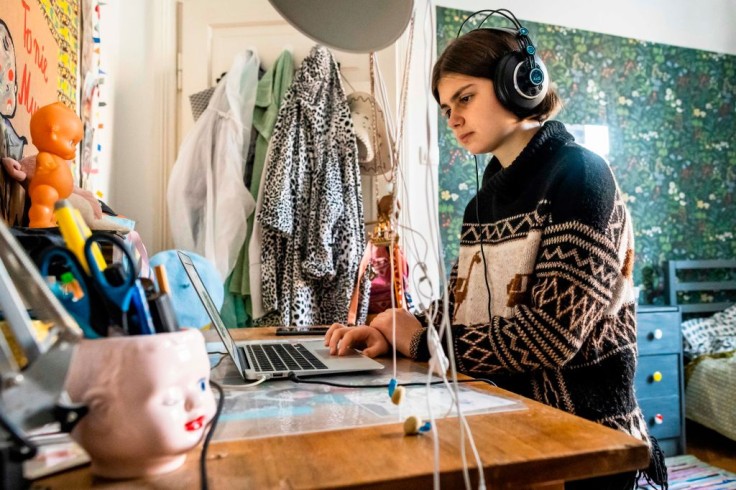
The COVID pandemic has been difficult, but the return to in-person schooling has also been emotionally tough for the 12-year-old daughter of Mary Norris, CNN reported.
According to Norris, her daughter was relentlessly bullied last year at the school she attended in Fresno, California, near where her dad lives. So she decided to transfer her child to a school in Madera, where she currently lives. Norris said this year is going better, but her daughter is still struggling emotionally.
Norris recently got a call from a school staff member who said that her daughter had written something disturbing in her journal. Norris said that her daughter wrote in her book that she wished she were dead and wanted to kill herself. That was a shock for Norris as her daughter is always very happy and a really smiley kid.
COVID pandemic has a negative effect on the mental health of children
Norris is one of more than 2,000 adults surveyed this summer by the Kaiser Family Foundation and CNN about mental health issues in the United States. The nationally representative sample included more than 500 American parents.
Nearly half of those parents (47 percent) said that the COVID pandemic has negatively affected their children's mental health, with 17 percent saying it had a major negative impact.
More than 8 out of 10 parents said they are at least somewhat worried about anxiety, depression, alcohol, and drug use negatively affecting the lives of American teens. In contrast, roughly three-quarters said they worried about pandemic-related loneliness and isolation or self-harm.
More than 4 out of 10 parents said they worried about anxiety, depression, alcohol, and drug use affecting teens. Lower-income parents, who make less than $40,000 a year, were more likely than those in higher-income households to say they are apprehensive about eating disorders, alcohol, drug use, depression, and self-harm.
Read Also : Mother and Daughter Team Up To Tackle Lack Of Affordable Housing For Senior Citizens in Nashville
Mental health services for kids and teens hard to get in the U.S
More than half of Americans (55 percent) think most kids and teens in the United States are not able to get the mental health services they need, according to the survey.
Norris was one of several parents who answered in the survey that they could not get mental health services for their kids because they could not find a provider. Norris estimates that she has called more than 20 therapists in Fresno and Madera, looking for someone who can see her child out of school. She said her daughter is covered by insurance, but she can't find anyone willing to take it.
Unfortunately, her situation is common. The American Psychological Association (APA) estimates that half of the children in the country with mental health disorders do not receive the treatment they need. It is a circumstance that experts say has only gotten worse during the COVID pandemic.
Related Article: Criminal Hackers Escalating Attacks on K-12 Schools and Institutions